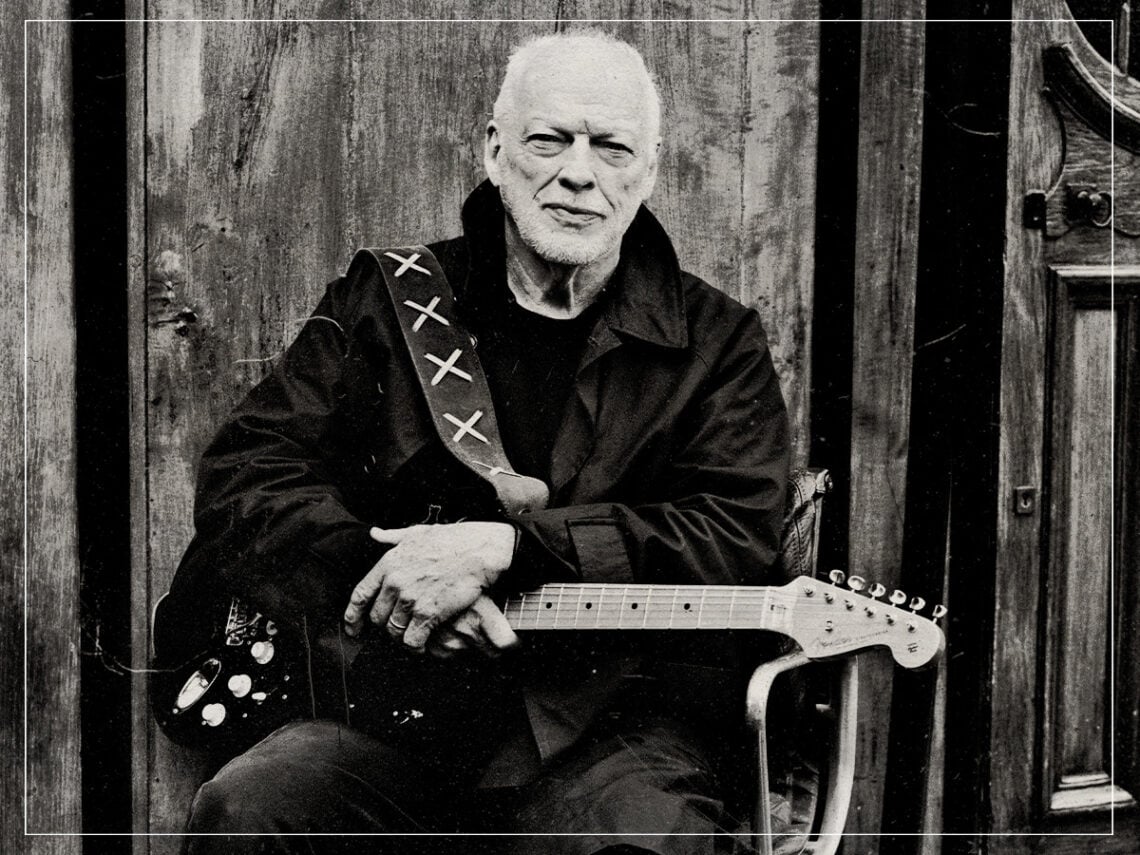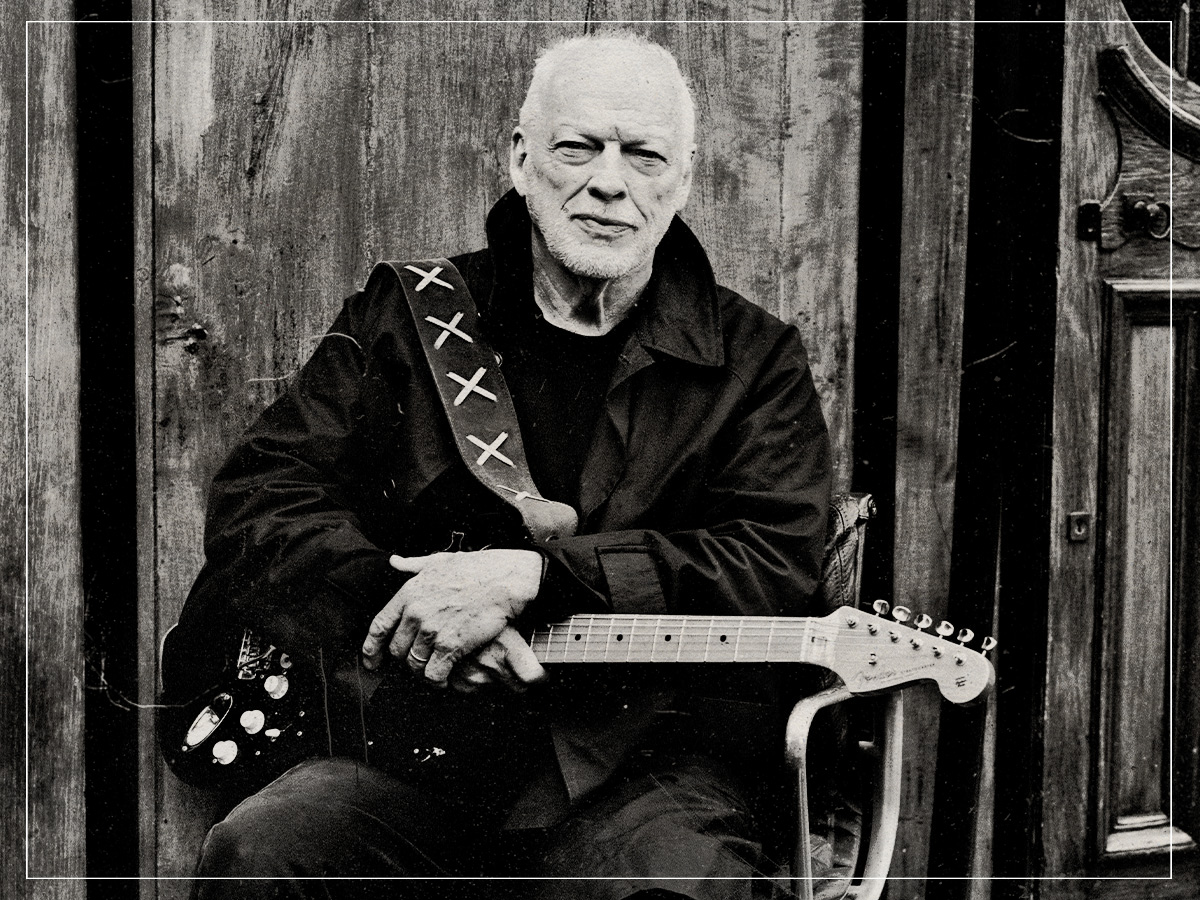
(Credits: Far Out / Anton_Corbijn)
Tue 28 October 2025 20:00, UK
No one else in the music industry has found a way to stay humble quite like David Gilmour has.
He could have easily sat atop his throne as a rock and roll god and proceeded to pop up only to give his loyal subjects a performance for the ages, but he was always content with having made a handful of great albums with Pink Floyd throughout his career. For him, making classics was another day at the office, but it didn’t take him long to realise that the band had released tunes that would change the world.
When Gilmour first joined, though, it was anyone’s guess whether they were going to crash and burn or thrive with a new singer. You can count on one hand the number of times a band has survived after changing their frontman, but after Syd Barrett was forced out of the group after losing his mind, it was up to Gilmour to step up into the frontman role while Roger Waters steered everything in the background.
And while the first few post-Barrett albums have their share of highlights, is anyone really going to be shouting the praises of the More soundtrack or claiming that the best material that they ever did could be found on Ummagumma? Not at all. They were a band still nursing their wounds, but there was at least some merit to be found in albums like Atom Heart Mother.
Despite Gilmour and Waters hating that record, there are pieces of the Floyd we would come to know on tunes like ‘If’. The idea of making conceptual music was already there; all they needed was a little push, and ‘Echoes’ was the watershed moment where everything clicked. Meddle had been the best record they had released at the time, but having a side-long tune all about empathy with your fellow man was when the Pink Floyd we’d come to know would fully congeal. So where would they go next?
Well, technically, the soundtrack album Obscured By Clouds, but as soon as they wrapped that record and played their famous shows in Pompeii, Dark Side of the Moon set the watermark for Floyd as a cultural force. It wasn’t clear before whether they were a decent rock outfit or a flash in the pan, but on tracks like ‘Time’ and ‘Money’, they had found the perfect middle ground between rock and roll swagger and musical sophistication.
Gilmour did eventually look back on the record and wished he could have done better, but he couldn’t deny that they had made a classic, saying, “I’ll tell you that we immediately realised where we were pushed on. We got the feeling that we have reached a masterpiece, something that would have changed our story first, and that of the world around us, as well.” But while that kind of record can be a double-edged sword, it only served to be a springboard for Waters to write even more ambitious projects.
After all, Dark Side was meant to be thought of as one continuous piece, but even if he had to compromise with what songs to put on each record, Wish You Were Here and Animals were among the finest pieces of prog anyone had ever heard. They may have looked self-indulgent with those massive track lengths, but looking through their later projects, all of them have the same amount of heart behind them as their first classic.
Has the prism been overused in pop culture? Absolutely, but the reality is that a few of the goddamn rock and roll clichés are there for a good reason. This was the kind of record that no one else could have even conceived of at the time, and while it may not be the most technical prog album ever made, it helped solidify Floyd as one of the few bands that could help shape the music world around them.
Related Topics

